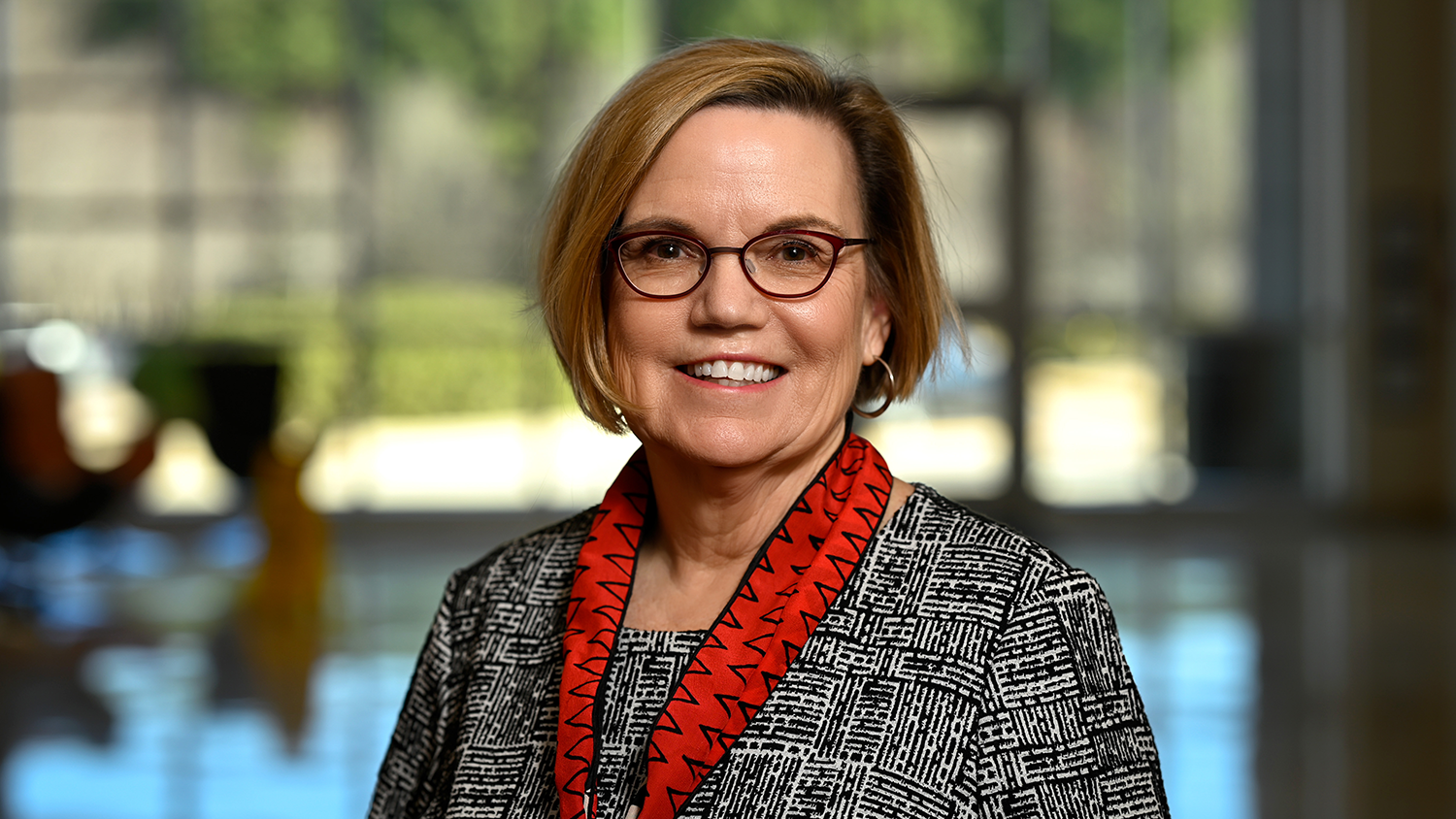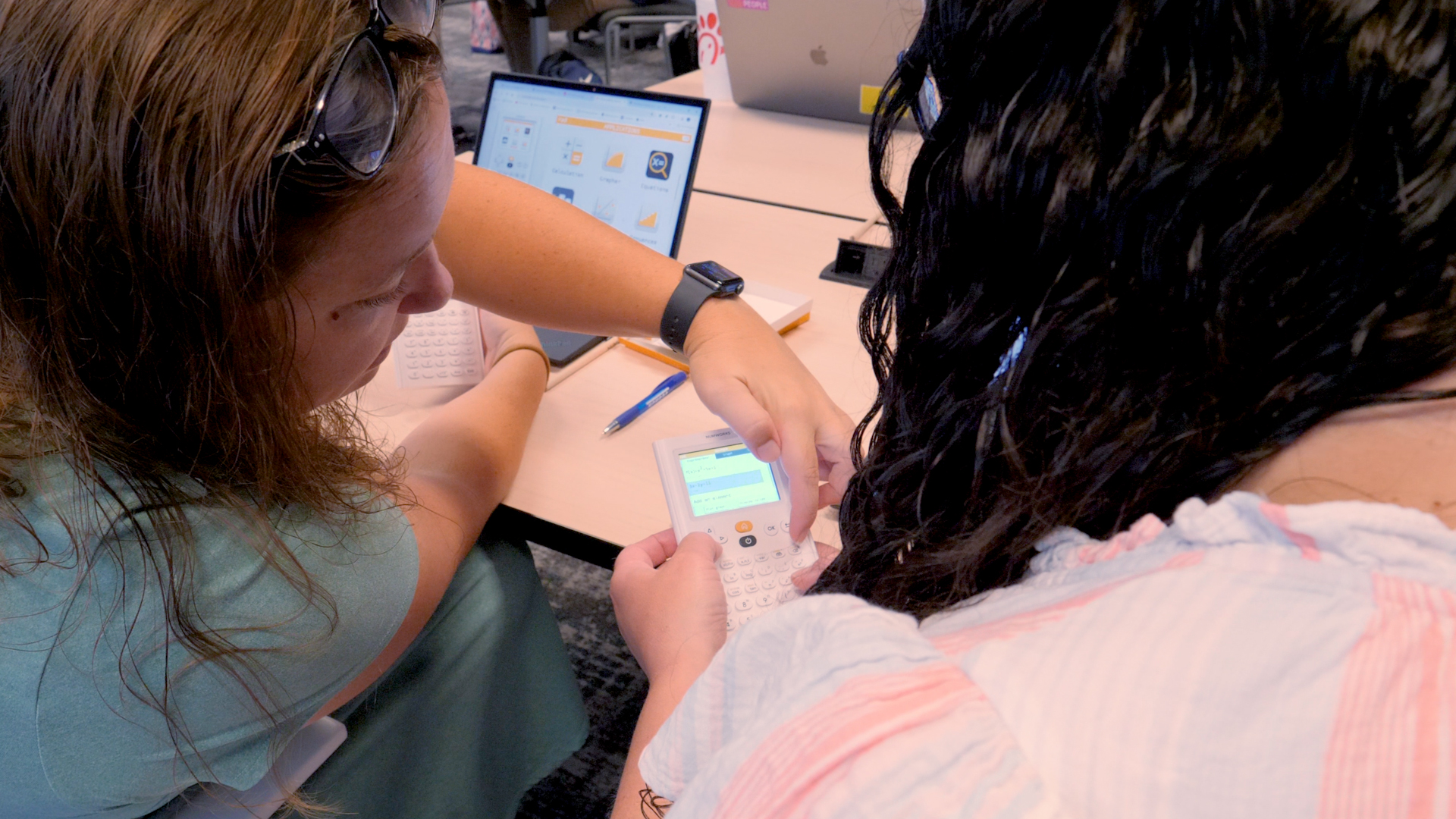Autonomy, Microcredentials Address Need for Effective STEM Educators in Grant-funded Professional Learning Program Co-developed by Alumni Distinguished Graduate Professor Gail Jones

Research has tied teacher motivation to autonomy, which is why a new grant-funded project involving NC State College of Education Alumni Distinguished Graduate Professor Gail Jones
is researching teacher-directed microcredentials as a form of professional development.
“Gaining Retention and Effectiveness through Advancing Teacher-Centered STEM Professional Learning for STEM Elementary Teachers in Rural Communities” will provide teachers in high-need school districts with a professional learning program that includes teacher-identified learning needs and goals, competency-based online microcredentials, microcredential coaching and support, and teacher compensation and recognition for achievements.
The project will be conducted in collaboration with Appalachian State University. The College of Education will receive $254,813 of the overall $993,814 in funding from the National Science Foundation.
“If we want to empower teachers to be highly effective and if we want to retain highly effective teachers, we need to support their autonomy related to both professional development as well as instructional decisions,” Jones said. “Educators have suggested that microcredentials are effective, but there is little research to support the claim, so we are excited to be able to dig into this approach to professional development.”
The first phase of the project will focus on the selection of STEM-focused microcredentials to create a repository of professional learning experiences while the second phase will test the impact of the professional learning model on teacher retention and effectiveness.
Participating teachers from rural western school systems will have the ability to direct their own personal growth with support from coaches by selecting microcredentials that are related to their own professional goals. For example, a teacher interested in the integration of data analytics in the classroom could work through a module that will introduce them to effective strategies to introduce this into their instruction.
The project will specifically focus on educators in rural schools, Jones said, because of a strong need to develop and retain strong and effective STEM educators in those communities, where access to professional development opportunities is often more limited.
“Rural teachers often have to travel significant distances to participate in professional development and their opportunities are often limited,” Jones said. “There is a tremendous need to assist rural school systems with effective STEM professional development for teachers.”
- Categories:


